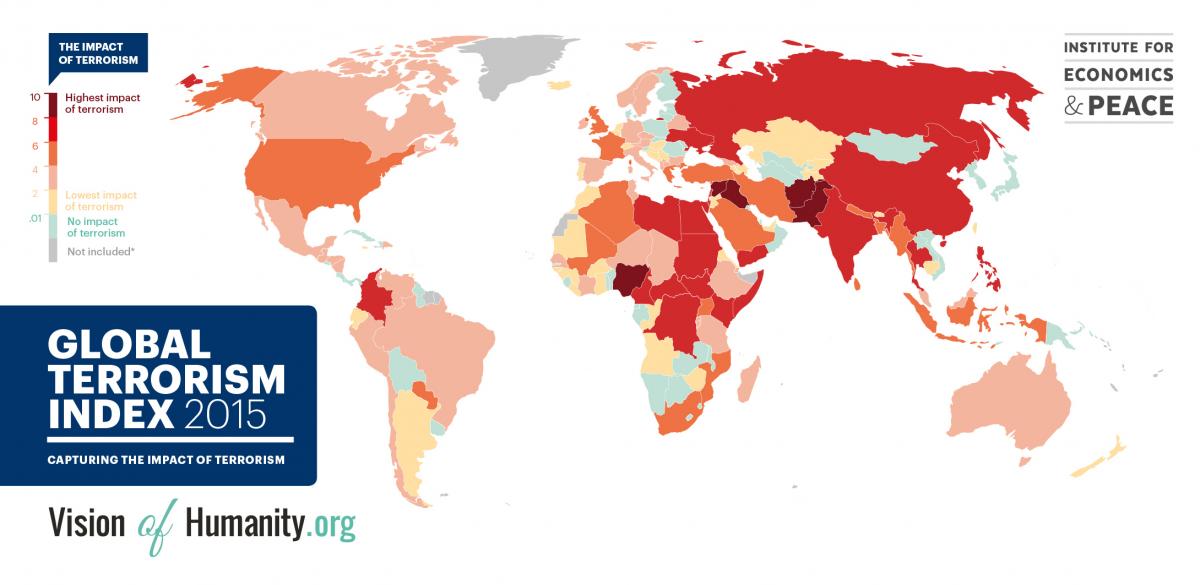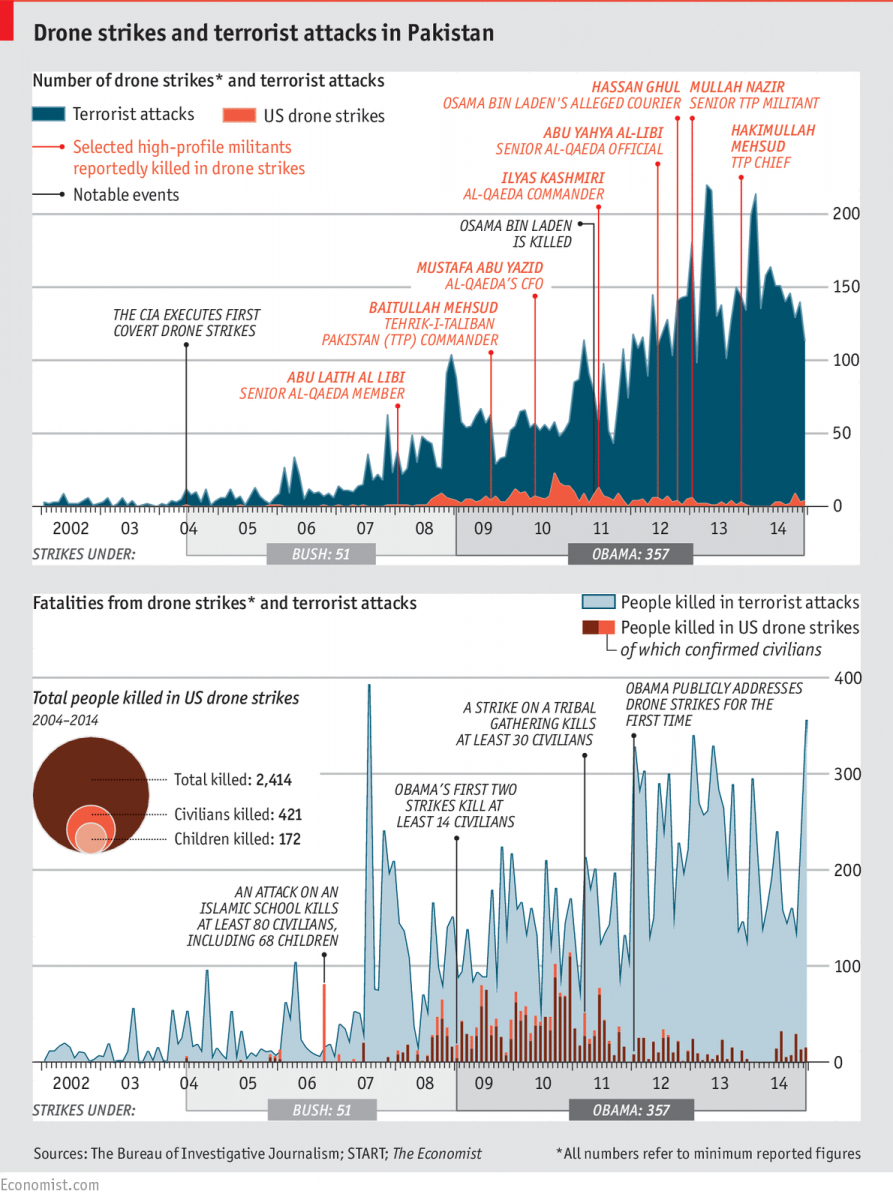Anti-Christian terrorism in Pakistan
According to recent reports, 72 people were killed as the result of a terrorist attack in the Pakistani city of Lahore on Sunday, with women and children amongst the victims, and more than 270 people were seriously wounded. According to Pakistani media, the Pakistani Taliban group "Jamaat-ul-Ahrar", which is part of the umbrella structure "Tehreek-e-Taliban Pakistan”, have taken responsibility for the terrorist attack.
The terrorists said the attack was directed against members of the Christian community of the city, who celebrated Easter on March 27th on the Gregorian calendar. This is not the first time this group has committed an anti-Christian act of terrorism. In March of last year, "Jamaat-ul-Ahrar" claimed responsibility for the attack on the Catholic and Protestant churches in Lahore.
The Terrorists
The Taliban in Pakistan is not subject to the leadership of the Afghan Taliban, led by Sheikh Mansour, and is mainly engaged in the organization of terrorist acts against the official authorities of Pakistan, Christians, Shiites, and Sufis. The main stronghold of the Pakistani Taliban is the federally administered tribal area on the border with Afghanistan. In Lahore, its own Taliban structure has operated for a long time in the heart of the Punjab province. Unlike other branches of the Taliban, it relied not on the Pashtuns, but on the Punjabis, the largest ethnic group in the country.
The basis of the Pakistani Taliban’s leadership consists of militants of Islamist movements who fought against the Soviet Union and are still in Afghanistan. All of them, one way or another , have in the past been associated with the Pakistani intelligence service - the ISI intelligence agency, the United States, the United Kingdom, and Saudi Arabia.
"Jamaat-ul-Ahrar" is one of the most radical factions of the Pakistani Taliban. In 2014, it came into conflict with the official leadership of "Tehreek-e-Taliban Pakistan", accusing them of deviating from the ideals of the movement. The group supported the ISIS terrorist attacks in Paris in 2015.
Terrorism in Pakistan
Pakistan is one of the most vulnerable countries in the world regarding terrorism. In the Global Terror Index made by the Institute for Economics and Peace in 2015, Pakistan occupied 4th place, ahead of Syria. In the ranking of the United States Department of State for 2014, Pakistan took second place (first place was claimed by Iraq).


Pakistan is a state of Indian Muslims that was artificially created as a result of the partition of British India in 1947. Islam is the only thing that binds its diverse population, which is torn by internal ethnic and tribal tensions. In these circumstances, by making Sunni Islam the basis of Pakistani national identity, the Pakistani government itself has made a decisive contribution to the cultivation of Sunni religious fundamentalism. In addition, Wahhabi centers in the Gulf countries had a significant impact on the development of radical ideas in modern Pakistan. The Indo-Pakistani conflict exacerbated the religious identity of Pakistanis, and, in the conflict in Afghanistan, seriously contributed to the spread of radical Islam in the country.
Religious persecution in Pakistan
In Pakistan, the so-called "Blasphemy law" exists, which often serves as a pretext for the persecution of religious minorities, especially Christians. In particular, hostile statements towards Muhammad shall be punished by death. The most famous case of this kind was the death sentence given to Christian Asia Bibi in 2010, who was accused of insulting Muhammad by neighbors. Governor of Punjab Salmaan Taseer, who tried to stand up for the Christian, was killed by his bodyguard Mumtaz Qadri. The execution of the terrorist on February 29th caused radical outrage across Pakistan. More than one million people attended the terrorist’s funeral. Christians also often become the target of un-authorized violence, and are the main target of terrorist attacks.
At the same time, a significant part of the population is Shia and Ismaili (estimates vary from 5 to 20% of the population), religious minorities, who are also seriously affected by the Wahhabi terrorist attacks.
External factors
The present leadership of Pakistan is trying to reorient its foreign policy away from the United States and monarchies of the Persian Gulf, and towards China and BRICS. Therefore, external forces interested in destabilizing the situation in the country also cannot be discounted. It should also be mentioned that it was the United States, the Saudis, and the Pakistani intelligence that orientated the country towards both the US and Saudis, which nurtured Islamic extremists in Pakistan during the Soviet campaign in Afghanistan.


